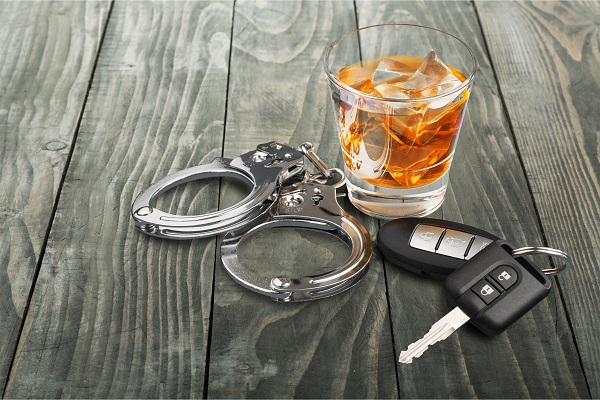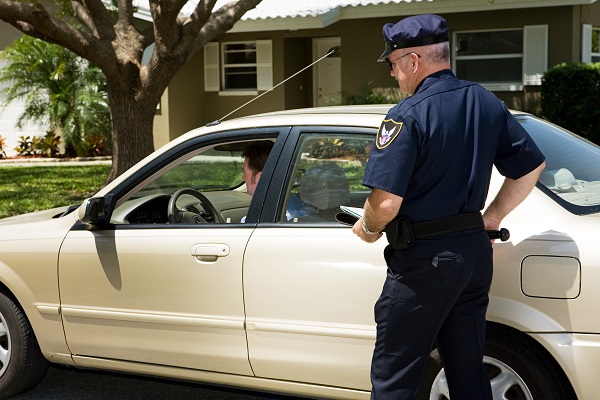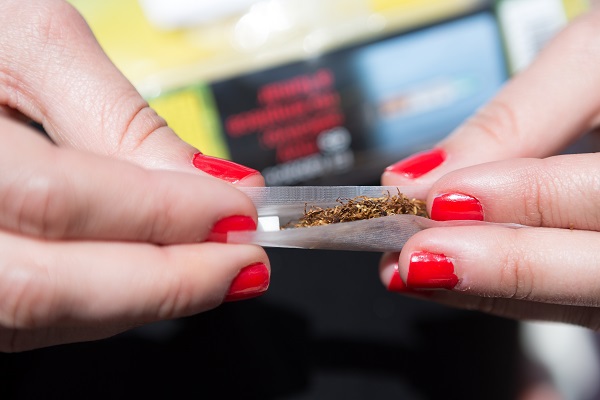Criminal Charges for Forged Prescriptions in Oklahoma
The state of Oklahoma takes forged prescriptions very seriously – trying to get drugs using a fake prescription is a felony. Law enforcement seem to charge more and more people each year with prescription fraud. To prove prescription fraud, the prosecutor must show that you obtained a controlled dangerous substance when you: Forged a prescription, Altered the prescription to change the quantity or the drug prescribed, or Gave a forged or altered prescription to a pharmacist for filling. 47 O.S. § 2-407(A). Attempts to commit prescription fraud are illegal too, even if they are not successful. Oklahoma also penalizes people who possess...
Continue reading










